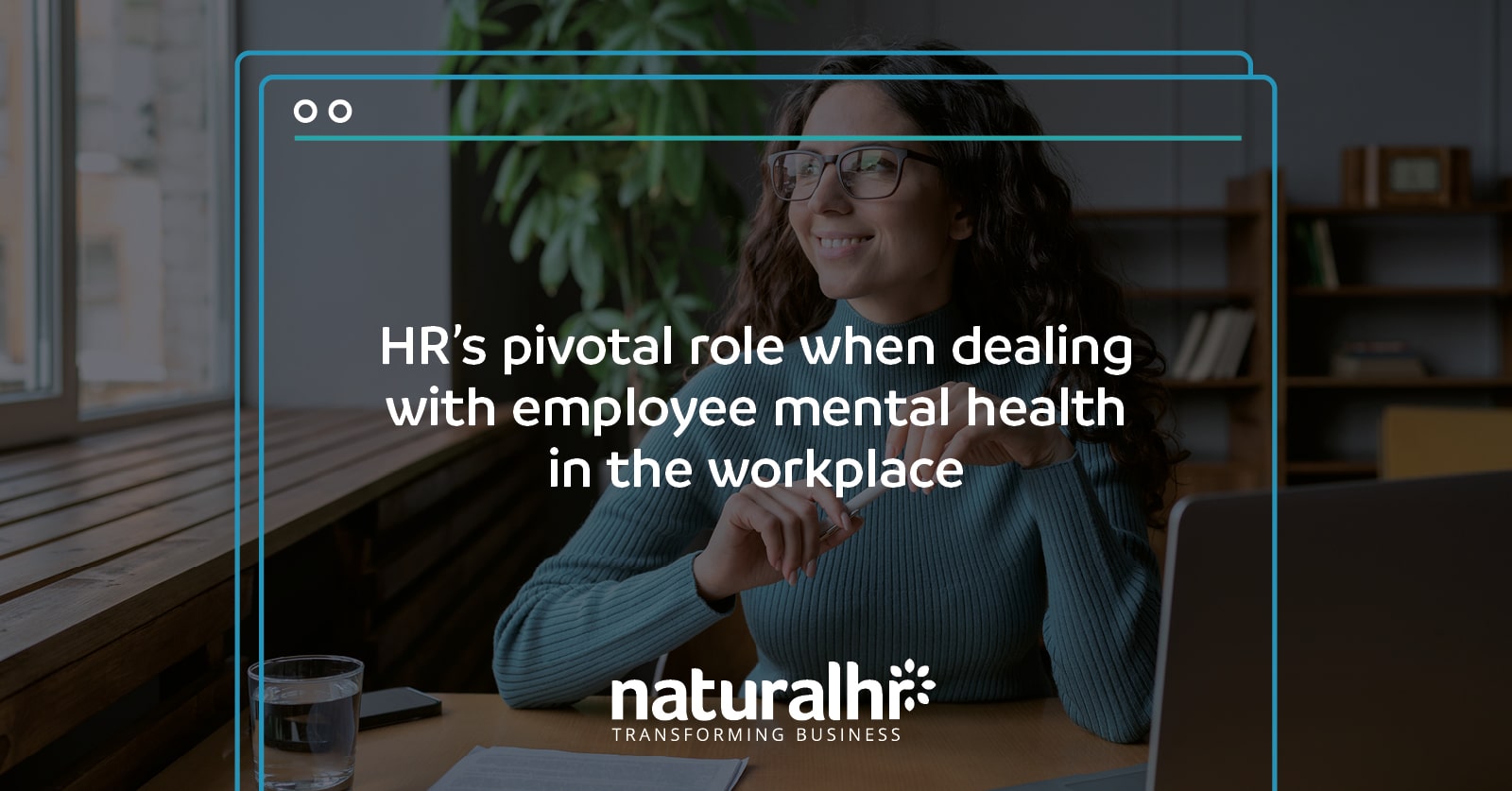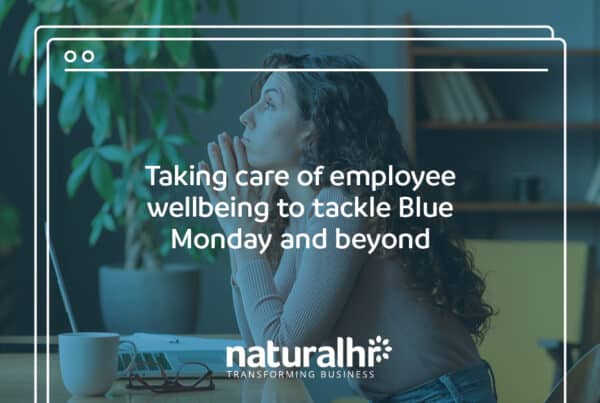
HR’s pivotal role when dealing with employee mental health in the workplace
October marked ‘World Mental Health Day’, on 10th October, with an extremely important theme of ‘making mental health and well-being for all a global priority.’
The past few years have marked a significant turning point where mental health is no longer considered secondary to physical health. With one in four experiencing mental health problems at some point in their lives, and work being the biggest cause of stress and anxiety in people’s lives, it’s time to act.
It shouldn’t just be in tandem with a national day that we encourage more openness about how we feel in the workplace, but HR professionals should also reassess the strategy in place to help employees experiencing difficulties.
Mental health problems can be hard to spot, especially in large organisations with many employees. But it’s now HR’s responsibility to proactively check in with teams, identify staff members who need support and act before more problems arise.
What can HR leaders do to make a difference?
1. Mental health support training
Invest in your team’s professional development by offering to send staff on mental health training courses. This will better equip them with the specialist skills they need to support individuals at work.
Mind, the mental health charity, offers a number of training options – from online courses to in-house sessions. Take a look here.
2. Regular check-ins with employees
HR teams need to create an open line of communication with employees to ensure they can identify early signs of ill mental health. Online pulse surveys – shared through your HR system – can collect data on team sentiment and help you catch negative feelings early on. You should also strive to have regular face-to-face meetings, but make sure these are informal to encourage employees to feel comfortable speaking to you freely.
Formal meetings with multiple colleagues and senior management can trigger feelings of anxiety and should be avoided at all costs.
3. Internal training for line managers
If you identify a team member who is struggling, it’s important to alert their line manager straight away and ensure they are appropriately trained to support individuals by adjusting workloads and looking out for other signs, which may lead to referring them for further help.
There are many free resources available to help train team members. You can visit Mind’s Mental Health at Work website for online courses, guides, and webinars to help build a training programme.
4. Employee benefits
You can add mental health support to your benefits packages, such as free counselling or therapy sessions. This additional offering could make a massive difference to employees who may not be able to access these services elsewhere. If you can offer this, make sure everyone is aware of this benefit and that it should be utilised whenever it’s needed.
Flexible working arrangements can also help alleviate stress by allowing employees to adjust their work/life balance.
5. Use HR tech to pick up on patterns
HR solutions, like Natural HR, have absence management modules which can help identify when employees could be struggling with mental health. This technology will help you to better understand absence records and set to resolve and reduce employee absenteeism.
The role of HR is evolving. Mental health should now be a priority for every HR department within an organisation. Listen to our webinar on combating anxiety in the workplace to learn more.
Tracking absenteeism could be the gateway to better understanding employee mental health. If you’re interested in learning more about Natural HR’s absence management feature, book a demo with our team today.






